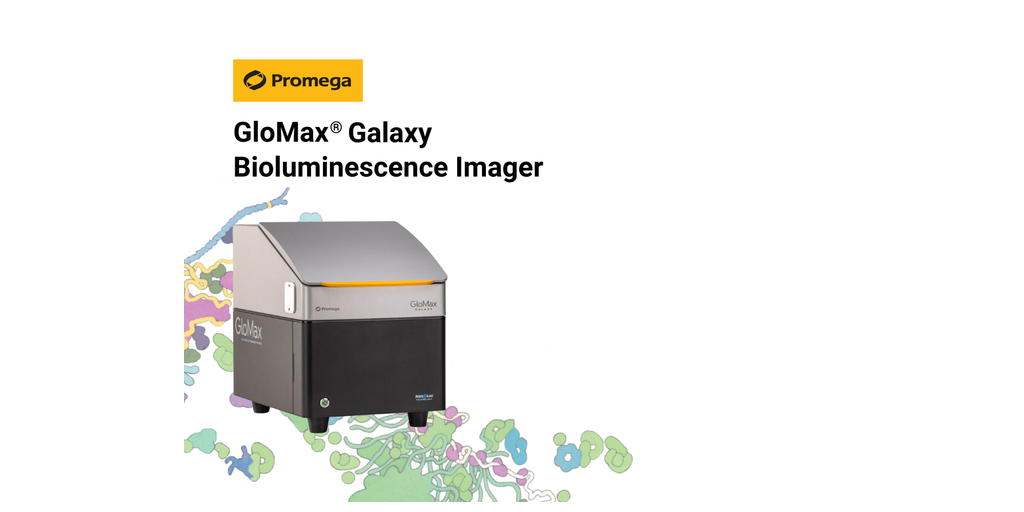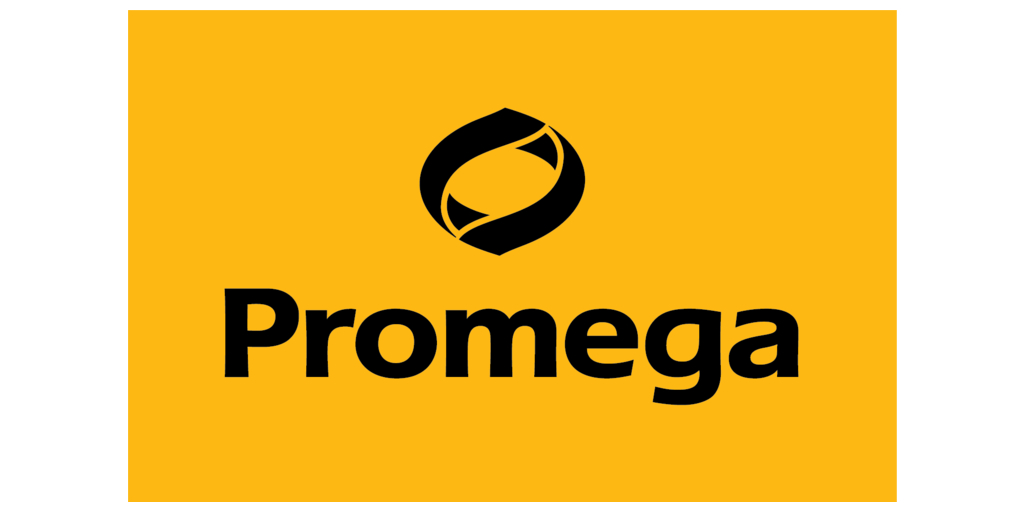- New microscope enables researchers to use NanoLuc® Luciferase to observe protein dynamics and cellular physiology in live cells, in real time
- Bioluminescence imaging allows for use of a single luminescent reporter throughout workflow
- Instrument will be demonstrated at Society for Neuroscience (SFN) 2024 meeting in Chicago, October 5-9
MADISON, Wis.--(BUSINESS WIRE)--Promega Corporation, a life-sciences research partner dedicated to providing intuitive tools that empower scientists to innovate, today unveils the new GloMax® Galaxy Bioluminescence Imager being showcased at the annual Society for Neuroscience (SFN) 2024 conference in Chicago October 5-9.




The GloMax® Galaxy Bioluminescence Imager provides researchers the opportunity to observe the dynamics and cellular physiology of low expression protein targets in real time. This advanced microscope is developed for the visualization of Promega NanoLuc® luciferase chemistries, eliminating the complex process of translating bioluminescent reporter assays into fluorescence.
“Researchers are no longer required to translate their assay biology into a fluorescent reporter system to enable imaging. They can use the same NanoLuc-based technologies that they’ve been using in plate-based assay readouts,” says Kristin Riching, Sr Research Scientist at Promega.
GloMax® Galaxy Bioluminescence Imager
GloMax® Galaxy Bioluminescence Imager is a benchtop instrument developed for the visualization of all NanoLuc® technologies, including HiBiT, NanoBiT and NanoBRET. The technology allows researchers to use the same bioluminescent reporter used in other parts of their workflow. Applications include:
- Protein-protein interactions
- Protein localization and translocation
- Protein degradation and stability
- Ligand-protein interactions (target engagement)
- Targeted cell killing
Bioluminescence imaging offers several advantages over fluorescence imaging. The system produces low background noise, enabling the detection of low photon numbers and low abundance proteins. Unlike fluorescence imaging, which requires external excitation, bioluminescence benefits from inherent signal stability and sustainability. Improved signals reduce the risk of phototoxicity and photobleaching, allowing for repeated imaging sessions over extended periods without damaging the cells or altering the physiological state. Implementing bioluminescence imaging in a workflow enhances disease modeling and pharmaceutical candidate screening efforts by providing clearer, real-time insights into how cells and proteins behave in biological systems.
Promega Instrumentation Portfolio
GloMax® Galaxy Bioluminescence Imager joins an existing portfolio of detection instruments developed by Promega. GloMax® microplate readers and luminometers are capable of measuring luminescence, fluorescence, absorbance, bioluminescence resonance energy transfer (BRET) and fluorescence resonance energy transfer (FRET) at a range of throughputs.
Promega creates intuitive tools that solve complex research problems, while leveraging a range of the simplest to the most cutting-edge technology to ensure practical ease of use and effectiveness. The company’s creative solutions and flexible technologies are designed to address complex scientific challenges, enabling researchers to make meaningful advances in their fields.
Promega invites attendees of SFN 2024 to Booth #1316 to experience live demonstrations of the Glomax® Galaxy, showcasing its potential to transform research.
Learn more about GloMax® Galaxy Bioluminescence Imager here.
About Promega Corporation
Promega Corporation is a leader in providing innovative solutions and technical support to the life sciences industry. The company’s portfolio of over 4,000 products supports a range of life science work across areas such as cell biology; DNA, RNA and protein analysis; drug development; human identification and molecular diagnostics. These tools and technologies have grown in their application over the last 45 years and are used today by scientists and technicians in labs for academic and government research, forensics, pharmaceuticals, clinical diagnostics and veterinary, agricultural and environmental testing. Promega is headquartered in Madison, WI, USA with branches in 16 countries and over 50 global distributors. Learn more at www.promega.com.
Contacts
Penny Patterson
VP, Corporate Affairs
Promega Corporation
Phone: (608) 274-4330
E-mail: penny.patterson@promega.com



